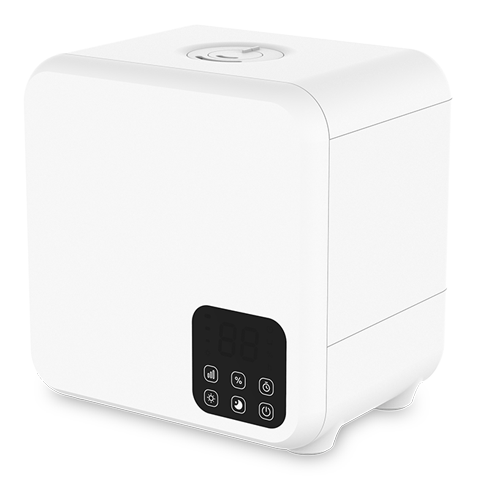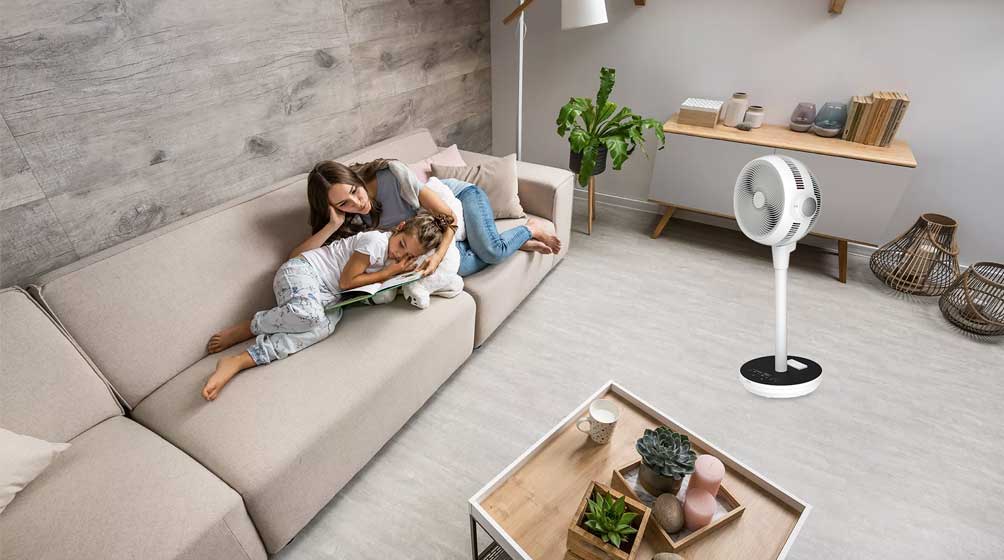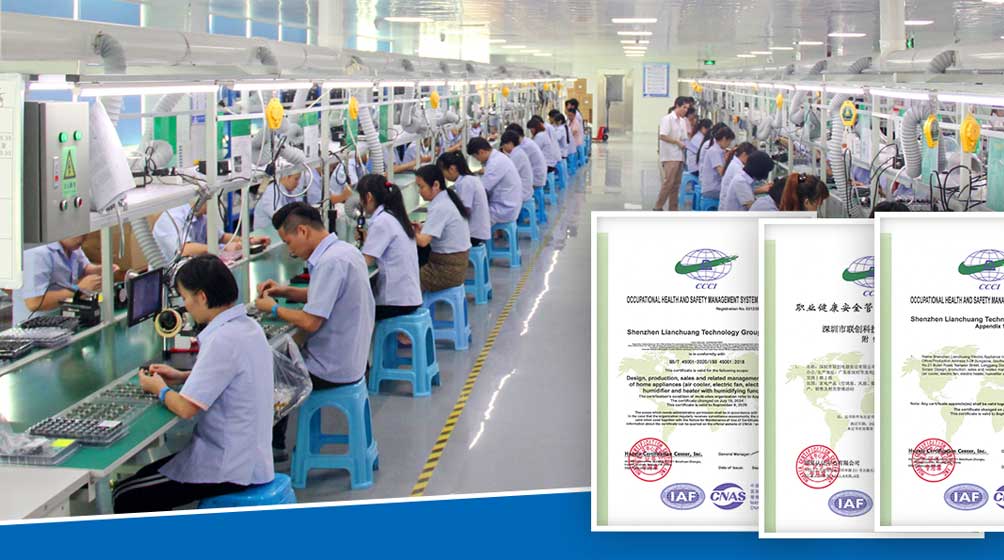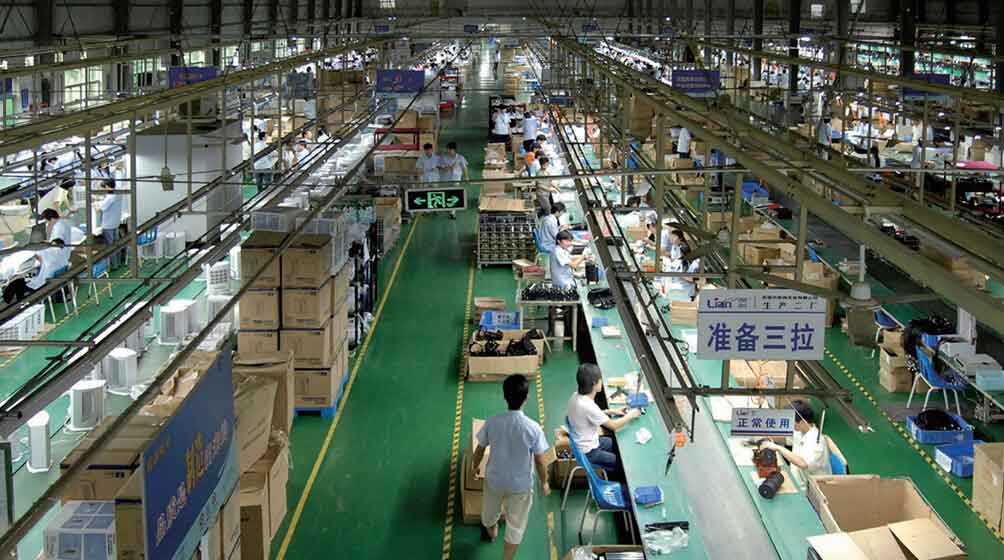What are the standards for the best humidifier in the bedroom?

Mason

2479 views

November 8, 2024
In the dry season, humidifiers have become essential appliances for many families to improve indoor air humidity. Especially in the bedroom, a suitable humidifier can create a more comfortable sleeping environment for us. So, what are the standards for the best humidifier in the bedroom? Let's discuss the types of humidifiers, humidification methods, advantages and disadvantages.

1. Types of humidifiers
Ultrasonic humidifiers
Working principle: ultrasonic high-frequency oscillation is used to atomize water into ultrafine particles of 1-5 microns, and the water mist is diffused into the air through a pneumatic device, so as to achieve the purpose of uniform humidification of the air.
Advantages: high humidification efficiency, can quickly increase air humidity; low power consumption, relatively energy-saving; small size, diverse appearance, suitable for small spaces such as bedrooms.
Disadvantages: high water quality requirements, if hard water is used, white powder will be produced, polluting the air; bacteria, viruses and other microorganisms in the water may be atomized and released into the air, affecting human health.
Pure humidifier
Working principle: Through molecular sieve evaporation technology, calcium and magnesium ions in water are removed to completely solve the "white powder" problem. At the same time, the air is washed by water curtains, and germs, dust, particulate matter, etc. in the air can be filtered and purified while humidifying.
Advantages: Not limited by water quality, tap water can be used; it can effectively filter impurities in the air and provide cleaner air; the noise is low during operation and will not affect sleep.
Disadvantages: The price is relatively high; the humidification speed may not be as fast as that of ultrasonic humidifiers.
Thermal evaporation humidifier
Working principle: Water is heated to become steam and released into the air, thereby increasing the humidity of the air.
Advantages: The humidification effect is more thorough and no "white powder" is produced; the water quality requirements are not high.
Disadvantages: The power consumption is large and it is more power-consuming; there is a safety hazard of scalding; the minerals in the water may precipitate during the heating process, and regular cleaning is required.
2. Humidification method
Spray humidification
This is the humidification method used by ultrasonic humidifiers and some thermal evaporation humidifiers. By spraying water mist or steam into the air, the air humidity can be quickly increased.
Advantages: fast humidification speed and obvious effect.
Disadvantages: water mist may wet surrounding objects; if the spray particles are large, they are easy to settle, resulting in uneven humidification.
Mistless humidification
Pure humidifiers usually use mistless humidification. Humidification is achieved by driving water molecules into the air through natural evaporation or filtered air.
Advantages: no water mist will be generated, and surrounding objects will not be wet; humidification is more uniform.
Disadvantages: humidification speed is relatively slow.
3. The best humidifier standard for the bedroom
Safe and reliable
For humidifiers used in the bedroom, safety is crucial. Humidifiers with safety functions such as anti-dry burning and overheating protection should be selected. Thermal evaporative humidifiers should be careful to prevent burns. At the same time, the material of the humidifier should be non-toxic and odorless, and will not cause harm to human health.
Good humidification effect
It can effectively increase the air humidity in the bedroom and keep it within a suitable range (generally 40%-60%). The humidification speed is moderate, not too fast or too slow. At the same time, the humidification should be uniform to avoid local humidity being too high or too low.
Low noise
The bedroom is a place for rest, and the humidifier should be as quiet as possible when running. The noise level should be below 35 decibels so that it will not affect sleep.
Easy to operate
It has a simple and easy-to-understand operation interface, which is convenient for users to adjust humidity, switch and other functions. It is best to be equipped with a remote control or intelligent control function so that users can operate the humidifier without leaving the bed.
Easy to clean and maintain
The humidifier needs to be cleaned regularly to prevent bacterial growth and scale accumulation. Therefore, it is best to choose a humidifier that is easy to disassemble and clean. At the same time, it should be convenient and quick to replace consumables such as filter cartridges.
Energy saving and environmental protection
Choosing a humidifier with low power consumption, energy saving and environmental protection can not only reduce the cost of use, but also contribute to the cause of environmental protection.
In summary, the best humidifier for the bedroom should be selected according to personal needs and actual conditions. If you don't have high requirements for water quality and want fast humidification, you can choose an ultrasonic humidifier; if you pay attention to air cleanliness and no "white powder" problems, a pure humidifier is a good choice; if you don't mind power consumption and safety hazards, you can also consider a thermal evaporative humidifier. When choosing a humidifier, you should consider its type, humidification method, advantages and disadvantages, etc. to ensure that you choose a high-quality humidifier suitable for your bedroom, adding comfort and health to our sleeping environment.
Share:









